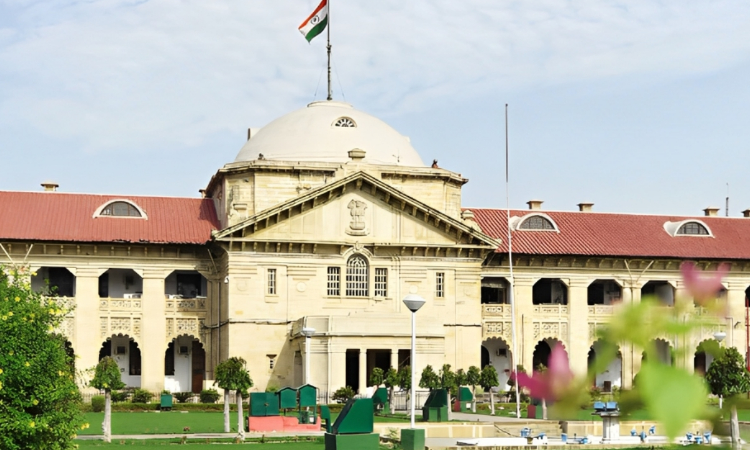Authenticity Of Transaction Cannot Be Disputed If E-Way Bill Not Cancelled Within Time: Allahabad HC
Upasna Agrawal
17 Nov 2023 7:39 PM IST

Next Story
17 Nov 2023 7:39 PM IST
The Allahabad High Court held that once e-way bill has been generated by the assessee and the same has not been cancelled within the time prescribed in the Goods and Service Tax Act, 2017, movement of goods and genuineness of a transaction cannot be disputed by the Department.While quashing the penalty order issued under Section 129(3) of the GST Act, Justice Piyush Agrawal held “The purpose...
